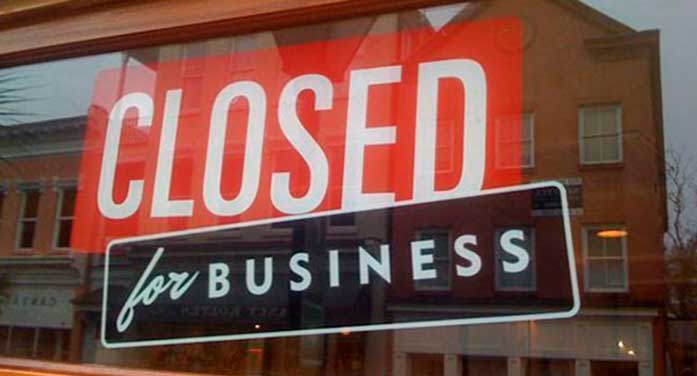By Jason Clemens
and Niels Veldhuis
The Fraser Institute
Anecdotes of Canadian firms leaving or diverting investments outside the country have continued unabated from 2018. The federal and many provincial governments seem reluctant to acknowledge this serious flight of capital.

Jason
Clemens
Reversing this trend, which is a major impediment to Canadian prosperity and well-being, will require a wholesale reversal of policy in Ottawa and many provincial capitals.
Encana, one of the country’s premier energy companies, now invests more outside of Canada than in it. And the company’s CEO recently moved to Denver and indicated that headquarter activity would become less concentrated in Calgary.
One of the country’s largest gold companies, Goldcorp, has just been purchased by an American company and much of its headquarter activity will now shift to the United States.
TransCanada Pipelines recently announced it would change its name to TC Energy in part to try to attract more investors leery about investing in a company perceived as focused on Canada only.

Niels
Veldhuis
And it’s not just the resource sector. Executives in Canada’s prestigious banking sector, including Royal Bank, Scotiabank and Bank of Montreal, have all raised concerns about the country’s broad declining competitiveness and the outflow of investment capital.
The proof shows up in the business investment data. Since peaking in 2014, investment in plant, machinery and equipment by private businesses has declined 18.2 percent and investment in intellectual property has fallen 15.6 percent.
And between 2013 and 2017, Canadians increased investment outside the country by 74.0 percent while foreigners investing in Canada declined by 55.1 percent.
A 2017 study by Philip Cross, former chief analyst at Statistics Canada, ranked Canada 16th of 17 countries for business investment between 2015 and 2017 compared to eighth place for the 2009-to-2014 period.
Part of the decline in investment is no doubt due to the continued weakness in commodity prices, particularly for oil and natural gas.
However, Canada has also simultaneously experienced enormous policy change. Higher personal and business taxes, additional regulations and an increasingly uncertain business environment have reduced the incentives for Canadians and foreigners to start new companies, grow existing businesses and invest.
Over the last few years, the federal government and many provinces increased personal taxes on entrepreneurs, professionals and business owners. Seven of the provinces now have tax rates above 50 percent and the remaining three are just slightly below. Saskatchewan’s combined federal-provincial 47.5 percent tax rate on entrepreneurs, professionals and business owners is the lowest among the provinces.
Capital gains taxes, which particularly affect entrepreneurs and investors, have been increased across the country and several provinces have also increased business income taxes.
The federal government and several provincial counterparts have increased regulations, particularly in the resource sector, making it markedly more expensive to do business in Canada.
These worrying trends are not irreversible. After all, it wasn’t that long ago that the U.S. Congress was holding hearings about corporate inversions wherein U.S. firms were reorganizing to try to move out of the U.S. to more hospitable jurisdictions such as Canada (recall Burger King’s purchase of Tim Hortons.)
Undoing the damage of the last few years will require a major shift in policy at both the federal level and in many provinces.
We need a return to competitive tax rates (personal and business), more focused and disciplined spending by government, balanced budgets, and regulations that are both in line with our competitors and that meet a genuine cost-benefit test.
These are the successful policies that broadly governed Canada from the mid-1990s to the mid-2000s, and which delivered widespread sustainable prosperity for Canadians and their families.
Jason Clemens and Niels Veldhuis are economists with the Fraser Institute.
The views, opinions and positions expressed by columnists and contributors are the author’s alone. They do not inherently or expressly reflect the views, opinions and/or positions of our publication.


